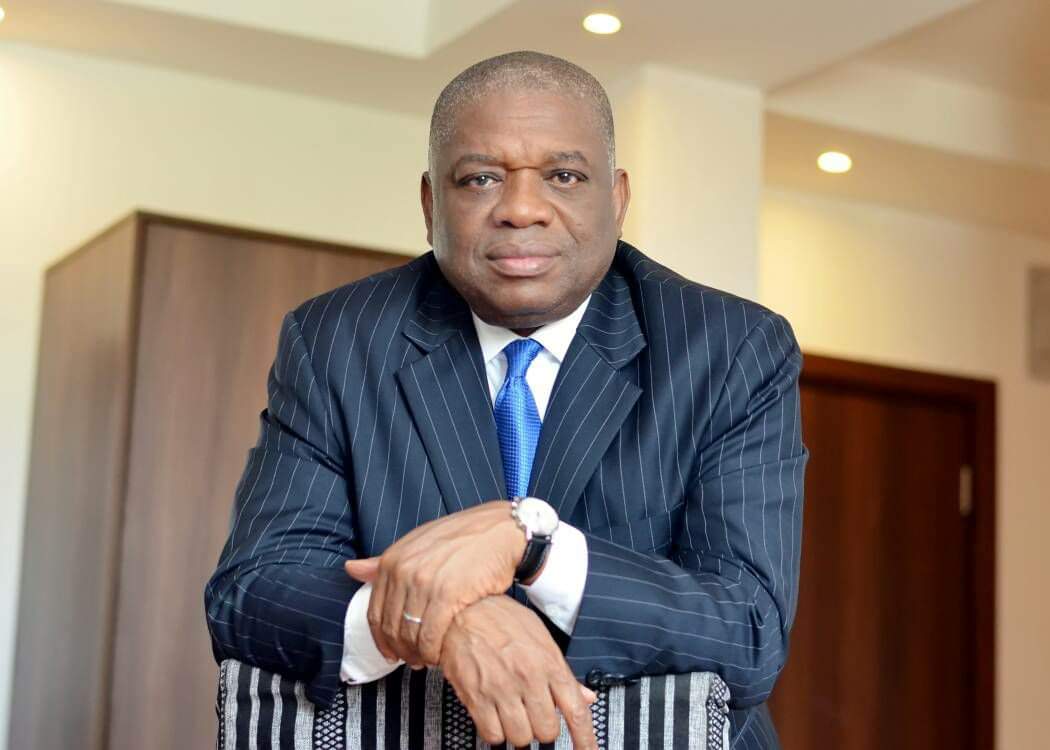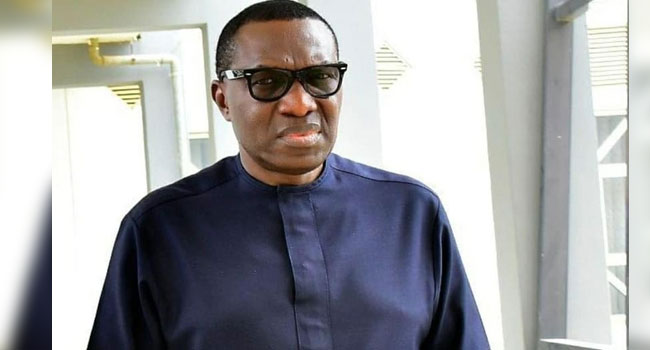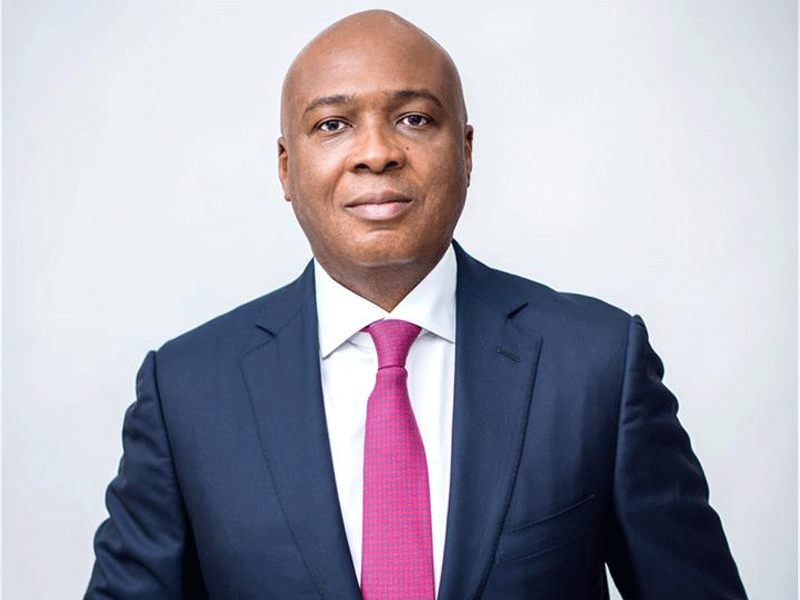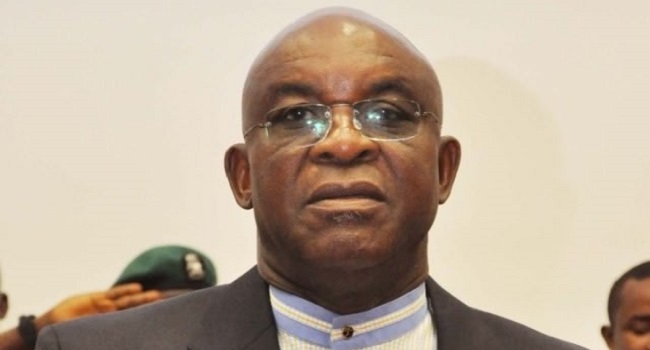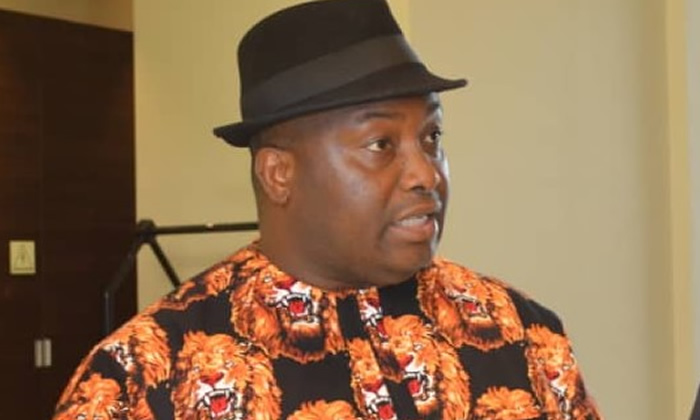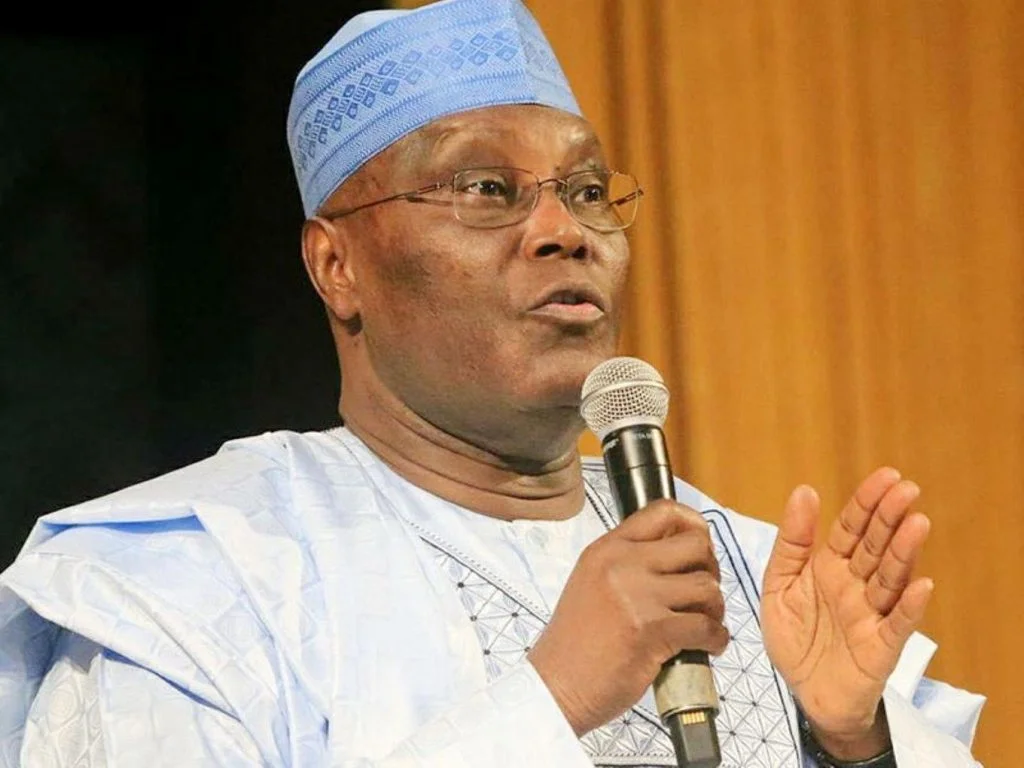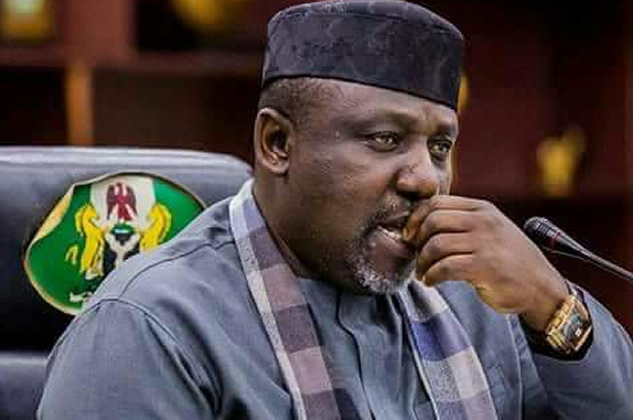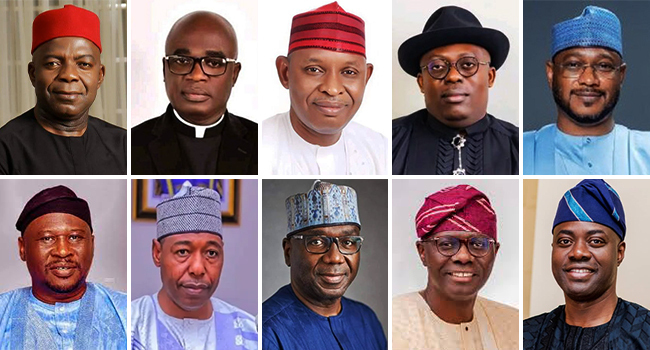
In Nigeria, it’s impossible to talk about power without acknowledging how closely it can be tied to personal fortune. Over the years, a handful of politicians have built empires that stretch far beyond government offices into thriving businesses, real estate portfolios, media outlets, and more.
As of 2025, these ten individuals stand out not only for their influence in Abuja and state capitals, but also for the massive wealth they have accrued. Below, we explore who they are, how they made their money, and why their fortunes matter in the country’s political landscape.
1. Bola Ahmed Tinubu
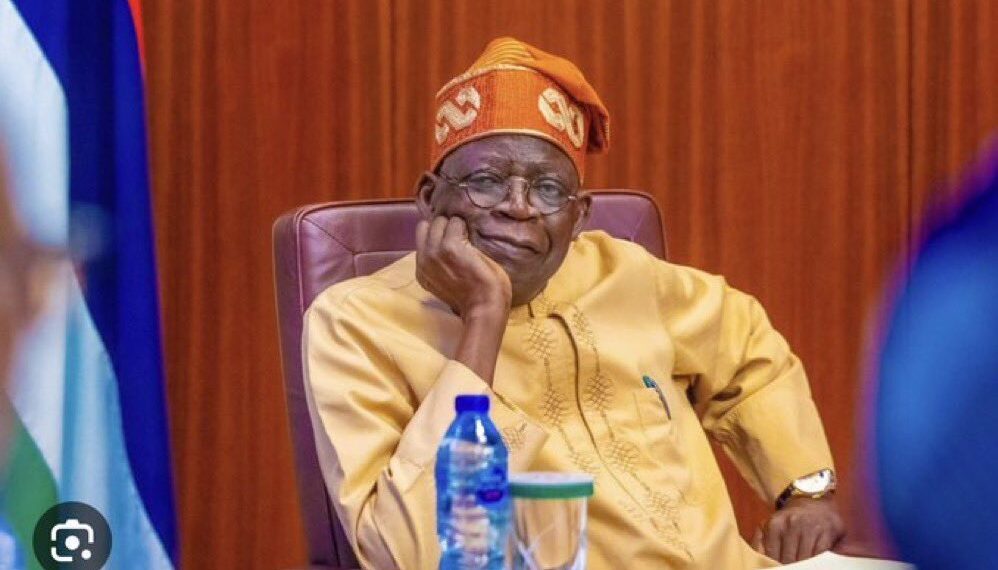
Often described as the master strategist of Nigerian politics, Bola Tinubu first made his mark as Governor of Lagos State between 1999 and 2007. During that time, he fostered public-private partnerships that benefited both the state and private investors. Today, those partnerships—especially in real estate—are a cornerstone of his wealth.
-
Real Estate Holdings: Tinubu owns several prime parcels of land and commercial properties in Lagos and Abuja. Over the years, he has quietly developed residential estates, office complexes, and retail plazas, many of which continue to generate substantial rental income.
-
Oil and Gas Stakes: While never front and center as an oil tycoon, he has minority shares in a few upstream and downstream energy ventures. Those stakes may not be headline-grabbing, but they’ve grown steadily alongside Nigeria’s swelling demand for refined products.
-
Consulting Fees: Even before his presidential bid, Tinubu was sought after by major Nigerian corporations for strategic advice. Large firms in telecommunications, banking, and manufacturing have in different seasons paid him for counsel, adding a robust consulting income stream.
Despite assuming the presidency in 2023, Tinubu’s ability to navigate Lagos’s complex real estate market and maintain private investments has kept his wealth near the top of this list.
2. Ibrahim Badamasi Babangida
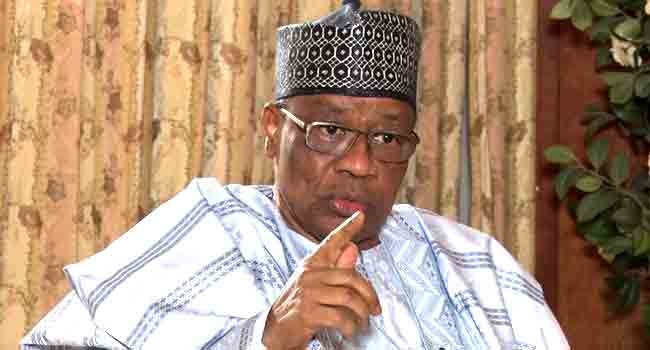
Best known as the military ruler from 1985 to 1993, IBB (as he is often called) has long maintained a low public profile since he left power, but his business interests speak volumes.
-
Banking and Finance Ventures: During his time in uniform, Babangida quietly built relationships that led to significant shareholdings in one of Nigeria’s leading commercial banks. Those shares have appreciated alongside the bank’s expansion into retail and investment banking.
-
Import-Export Conglomerates: In the late 1980s, Babangida used his influence to establish companies that imported essential commodities—rice, sugar, petroleum products—filling gaps in local supply chains. Though the government no longer directly awards him contracts, those legacy businesses remain profitable.
-
Private Defense Partnerships: After exiting the military, he formed partnerships with security equipment suppliers. While the contracts are handled at arm’s length (to avoid any direct conflict of interest), the demand for private security in Nigeria’s major cities has kept his stake in these ventures healthy.
IBB’s continued role as an elder statesman gives him access to both political insiders and leading businessmen. His foundation also channels resources into philanthropic projects, further bolstering his network.
3. Orji Uzor Kalu
Orji Kalu is a textbook example of someone who turned early political success into a lasting business empire. He served two terms as Governor of Abia State from 1999 to 2007, then successfully transitioned into the Senate.
-
Publishing and Media Group: Kalu founded a national newspaper, along with associated printing and distribution companies. Those media assets not only bring in advertising revenue but also offer him a steady platform for sharing his views and maintaining influence.
-
International Trading Firms: Backed by a network of suppliers and buyers abroad, Kalu’s trading companies import and distribute industrial chemicals, agricultural inputs, and raw materials. By leveraging his political connections, he ensured smooth port clearances and logistics—though those practices have sometimes drawn criticism, they have undeniably been lucrative.
-
Real Estate Portfolio: Over the past decade, he quietly purchased and developed several prime estates in Lagos and Abuja. Commercial office spaces, luxury apartments, and gated communities all contribute to a rental income that cushions any political shockwaves.
In Southeast Nigeria, few names carry as much weight as Kalu’s. His combination of media holdings and real estate savvy means he remains a force to be reckoned with, whether he’s debating legislation or negotiating a property deal.
4. Andy Uba
Born in London but raised in Onitsha, Andy Uba got his start in labor union circles before moving into politics. He held the brief post of Minister of Labour and Productivity from 2010 to 2011, then bounced around a few contested elections until finally winning a Senate seat for Anambra South in 2023.
-
Oil and Gas Marketing: Uba co-founded midstream gas-processing businesses in the Niger Delta. Though not as flashy as owning a refinery, these processing plants have consistent revenue because they supply industrial clients that cannot do without a reliable gas source.
-
Real Estate Development: His company has completed several residential estates in Enugu and Lagos. By focusing on middle-income housing—complete with good roads, reliable water, and security—he tapped into a growing market of upwardly mobile Nigerians.
-
Aviation and Logistics Holdings: Uba also owns shares in a regional airline that connects smaller cities and a logistics firm that handles cargo for major oil companies. While aviation can be a notoriously high-risk sector, his logistics arm has been shielded by long-term contracts.
Uba’s knack for combining politics with business means that federal budget allocations often find their way to projects in his home state, indirectly boosting demand for his construction and real estate ventures.
5. Abubakar Bukola Saraki
Before becoming Senate President from 2015 to 2019, Bukola Saraki governed Kwara State between 2003 and 2011. When he speaks today—whether on the campaign trail or at international conferences—it’s clear that his financial interests run deep.
-
Healthcare Enterprises: He chairs a group that runs private hospitals across the Southwest. These hospitals began as small clinics in Ilorin and eventually expanded into full-fledged medical centers. In a country where public health facilities are often overstretched, Saraki’s hospitals fill a necessary gap, generating both goodwill and revenue.
-
Agribusiness Projects: Under the Saraki family’s umbrella, rice mills and cattle farms in Kwara State have become major suppliers to markets in Lagos, Abuja, and beyond. By investing in modern equipment and processing techniques, they’ve turned what used to be smallholder operations into industrial-scale enterprises.
-
Real Estate Ventures: Bukola Saraki and his family own several commercial properties, from shopping complexes to office towers in Ilorin, Lagos, and Abuja. Rents from these properties provide a steady cash flow that complements his other businesses.
Though his political career has seen twists and turns—including a stint outside the ruling party—Saraki’s established network and diverse portfolio make him a perennial fixture among Nigeria’s richest public figures.
6. David Mark
A retired Major General, David Mark spent eight years (2007–2015) as Senate President after a long military career. Even though he’s technically retired from active politics, his financial interests continue to thrive.
-
Agricultural Holdings: Mark invested early in a large-scale rice mill and poultry operation in Benue State. By partnering with local farmers and focusing on modern processing, he has consistently filled a niche in the domestic market—especially as rice prices have fluctuated due to import challenges.
-
Real Estate Portfolio: He and his family own significant land and commercial buildings in Makurdi and Abuja. Some of these properties are leased to government agencies, while others serve as corporate offices for private firms.
-
Security Consultancy: After stepping down from the Senate, Mark established a private security firm. Given his background, the company has attracted clients ranging from oil companies to diplomatic missions, all paying for tailored security solutions.
Through a combination of land acquisitions and savvy partnerships, David Mark’s post-political career has been just as profitable as his time in office—if not more so.
7. Ifeanyi Ubah
If you’ve heard the phrase “self-made millionaire” in the context of Nigerian politics, you’ve likely heard it describing Ifeanyi Ubah. He parlayed a trading business into a political platform, winning a Senate seat for Anambra South in 2019.
-
Oil and Gas Distribution: As founder of a major fuel-marketer, Ubah built a network that connects refineries to wholesale stations across Nigeria. By investing in storage depots and tanker fleets, he ensured that supply bottlenecks rarely affected his bottom line.
-
Media Investments: He owns radio and television stations in the Southeast, which serve as both profit centers and effective channels for promoting his political brand. In an era when media reach can sway undecided voters, his outlets give him an edge.
-
Transportation and Logistics: Linked to his oil distribution network are trucking companies that haul everything from barrels of fuel to agricultural produce. Because he owns both supplier and transporter, he keeps profit margins high.
Ubah’s reputation as an entrepreneur who “rose from nowhere” continues to endear him to constituents. His businesses, especially in fuel distribution, have filled a crucial need whenever national shortages arise.
8. Olusegun Obasanjo
Two terms as military head of state (1976–1979) followed by two democratically elected terms as President (1999–2007) have made Obasanjo’s name synonymous with Nigerian politics. But it is on his farmland where much of his wealth lies.
-
Agricultural Estates: Obasanjo owns vast cocoa, cashew, and palm plantations in Ogun State. By partnering with export houses, he positioned those estates to benefit from international commodity prices. When global demand for cocoa or palm oil spikes, his farms see a direct windfall.
-
International Speaking and Consulting: A former head of state naturally commands high fees on the lecture circuit—whether at universities, international summits, or private corporations. Those speaking engagements remain a steady source of income.
-
Book Royalties and Consultancy: Over the years, Obasanjo has published memoirs and policy books that continue to sell well. On top of that, he’s been retained by multilateral organizations—like the African Union—to serve as a mediator in conflicts, earning consulting fees along the way.
Even today, he’s a sought-after advisor on national and international issues. Between his farms and his global engagements, Obasanjo deftly balances private enterprise with the lingering influence of a former president.
9. Atiku Abubakar
Vice President from 1999 to 2007, and a perennial presidential candidate, Atiku Abubakar turned commerce into a political springboard—and commerce remains central to his fortune.
-
Logistics and Shipping: He founded a marine services company that handles everything from vessel chartering to terminal operations. When theaters of commerce expand, his shipping arm captures a big slice, because few local players matched his company’s capacity.
-
Real Estate Development: In partnership with other investors, Atiku has co-developed multiple gated communities in high-growth areas of Lagos and Abuja. By focusing on middle-to-upper-income buyers, those estates have maintained healthy occupancy rates.
-
Telecommunications Start-ups: During the early 2000s, Atiku made seed investments in fledgling telecom companies. When those startups were acquired by major network providers, his initial stakes multiplied several times over.
Even without an official post today, Atiku’s substance lies in his network. Every time he delivers a keynote address or negotiates on a joint-venture deal, he’s reminding the public that economic clout need not vanish when political office ends.
10. Rochas Okorocha
Rochas Okorocha’s rise from a grassroots activist to Governor of Imo State (2011–2019) and then to the Senate illustrates how infrastructure projects and media can create a powerful business platform.
-
Broadcast Media Ownership: Okorocha founded several radio and television stations that primarily serve audiences in the Southeast. Those stations bring in advertising dollars from local businesses and occasionally national brands eager to tap into regional markets.
-
Construction and Infrastructure: While serving as governor, he oversaw multiple road, bridge, and building projects. His private construction firm—often contracted for public works—grew alongside those state-funded initiatives. Though some critics argue about conflict of interest, there’s no disputing how lucrative it proved to be.
-
Real Estate Holdings: From luxury apartment blocks in Owerri to commercial complexes in Abuja and Lagos, Okorocha’s real estate footprint has expanded steadily. These properties are either leased to businesses or sold to investors, ensuring a consistent revenue stream.
Even now, as a senator, he remains a vocal commentator on regional development and continues to invest in projects that keep his companies busy.
What Their Wealth Tells Us
When you look at these ten profiles side by side, a few themes emerge:
-
Diversification Is Key: Almost everyone on this list has investments in at least two or three major sectors—often mixing real estate, oil and gas, agriculture, and media. That diversification helps shield them from sudden downturns in any one market.
-
Politics Provides Opportunity: Most began with a political role—governor, vice president, or senate president—and used the visibility and connections it provided to build businesses. Even those who have since retired carry the intangible benefits of past office.
-
Networks Matter: Across boardrooms, media circles, and international summits, these individuals command respect. Their political stature opens doors that purely private entrepreneurs sometimes can’t access.
-
Influence Extends Beyond Wealth: Owning a television station or warning that a rice mill might shut down—these actions carry media weight and political sway. Their fortunes don’t simply sit in bank accounts; they move markets, influence policy debates, and shape public opinion.
Why You Should Keep an Eye on These Names
By mid-2025, Nigeria’s economic landscape remains volatile: currency fluctuations, shifts in oil prices, and changing regulations can all affect bottom lines overnight. Yet the politicians above have displayed an uncanny knack for weathering uncertainty. Their adaptability—whether by moving funds into safer sectors, leveraging new technologies, or forging fresh alliances—keeps them near the top of wealth rankings year after year.
For anyone interested in Nigerian politics, business, or simply understanding how money and power intertwine, these ten names provide an ongoing case study. Their personal fortunes tell a story not just of individual success, but of how governance, commerce, and influence intersect in one of Africa’s largest economies.
By watching their investment moves and political plays, observers can often anticipate broader trends—whether that’s a boom in agricultural exports, a surge in new housing developments, or shifts in media coverage. In every sense, the richest politicians in Nigeria serve as bellwethers: their successes, setbacks, and strategies offer a window into what might come next for the country as a whole.
In Closing
Wealth among Nigerian politicians can sometimes feel outsized, even controversial, given the country’s challenges with transparency and accountability. Yet it’s undeniable that those who navigate both corridors of power and the boardrooms where big deals happen often find themselves at the front lines of Nigeria’s economic story. As 2025 unfolds, keep these ten figures on your radar—both for the magnitude of their wealth and for how that wealth continues to shape the nation’s political and economic trajectory.

